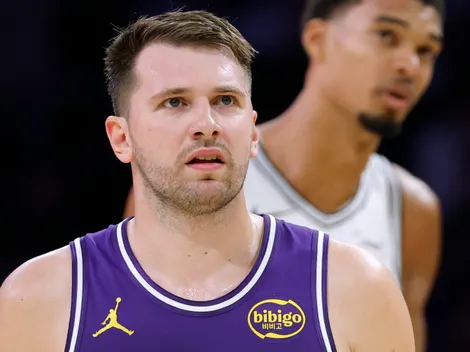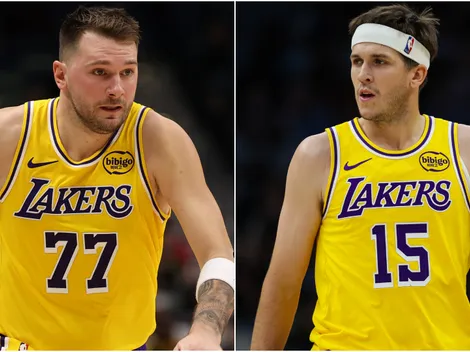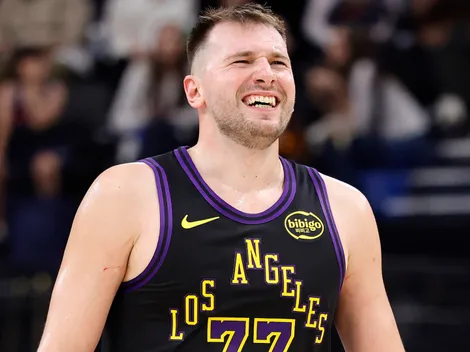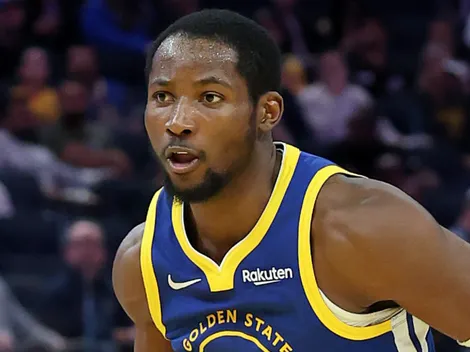The 2004 Los Angeles Lakers are often remembered for featuring one of the most iconic duos in NBA history—Kobe Bryant and Shaquille O’Neal at the height of their powers. However, what is often overlooked is the immense challenge of managing two larger-than-life personalities on the same roster. Head coach Phil Jackson attempted to do just that during a turbulent season, marked as much by internal conflict as it was by basketball excellence.
In his 2004 book The Last Season, Jackson provided a candid and often scathing look at the Lakers’ 2003–04 campaign, which ended in disappointment despite a trip to the NBA Finals. While the Lakers reached the league’s biggest stage, their season was plagued by dysfunction, inflated egos, and simmering tension. Nowhere was that more evident than in the fractured relationship between Bryant and O’Neal—two generational stars who had previously delivered three straight championships to Los Angeles.
Jackson didn’t hold back in expressing his frustrations. Though he acknowledged the on-court brilliance of both players, his reflections painted a portrait of chaos behind the scenes. O’Neal, Jackson noted, was a dominant physical presence, but also emotionally vulnerable. “For all his bravado, Shaq is a very sensitive, fragile soul who appreciates any sign of tenderness,” Jackson wrote. He emphasized that despite criticism of O’Neal’s perceived lack of durability, few understood the toll of carrying a 340-pound frame night after night.
Still, Jackson admitted to being exasperated by O’Neal’s unwillingness to play through pain and his inconsistent conditioning habits—issues that repeatedly frustrated the Lakers’ coaching staff. For all his size and skill, Shaq’s preparation often lagged behind his potential, creating rifts within the locker room and tension with coaches.

NBA legend Phil Jackson.
Even as Jackson sought to shield O’Neal from critics, not everyone on the staff was as forgiving. Assistant coach Tex Winter, one of the architects of the triangle offense, frequently clashed with O’Neal. Winter criticized Shaq’s footwork and questioned his coachability, suggesting the All-Star center relied too heavily on dunks and raw power rather than refining his fundamentals.

see also
LeBron James’ son, Bronny, sets clear expectations for his role with the Lakers in the upcoming NBA season
The tension reached a boiling point during one team film session, when O’Neal erupted in anger, cursing at Winter in front of the entire roster. When Jackson confronted O’Neal about his behavior and urged him to apologize, the center’s response underscored the depth of the discord. “I know I’m not doing the right thing,” Shaq said, “but I don’t give a f***.”
Ultimately, the 2003–04 Lakers represent a case study in what happens when elite talent clashes with unmanageable egos. Despite their skill, Los Angeles fell short of a title that season, and the fallout led to O’Neal being traded to Miami. Jackson’s firsthand account remains one of the most revealing insider perspectives on the volatile nature of NBA superteams.





